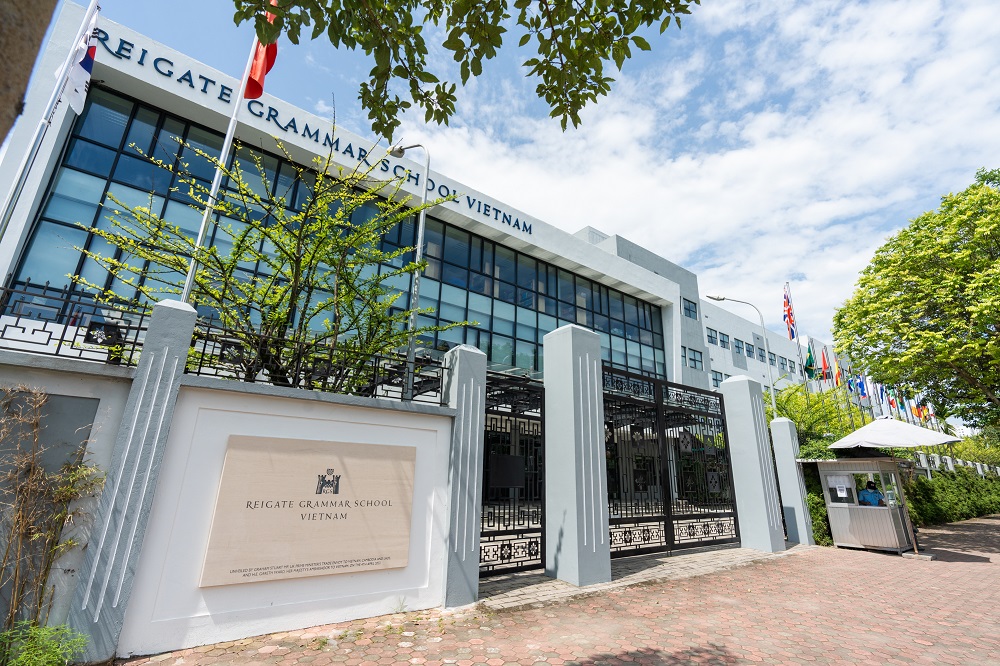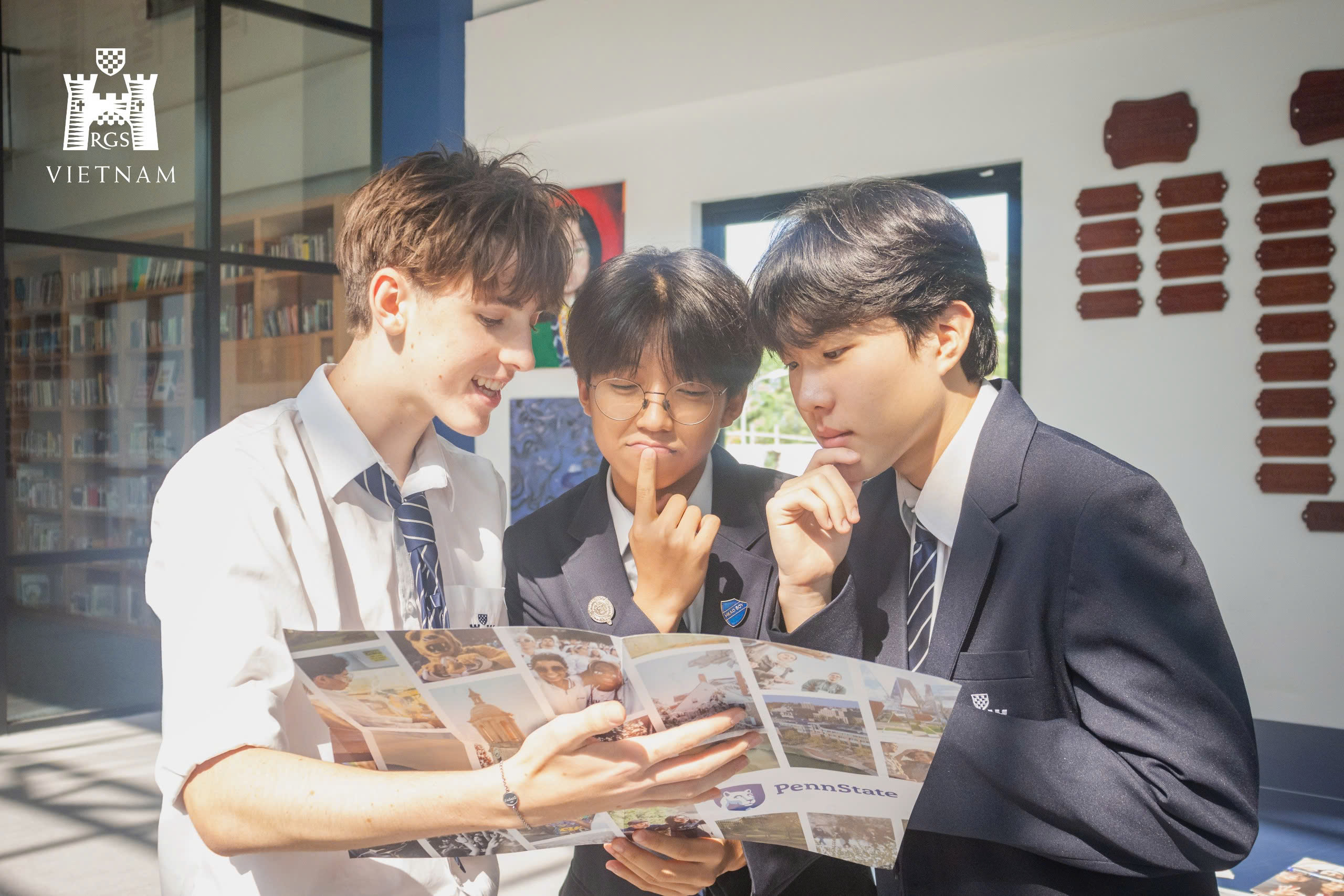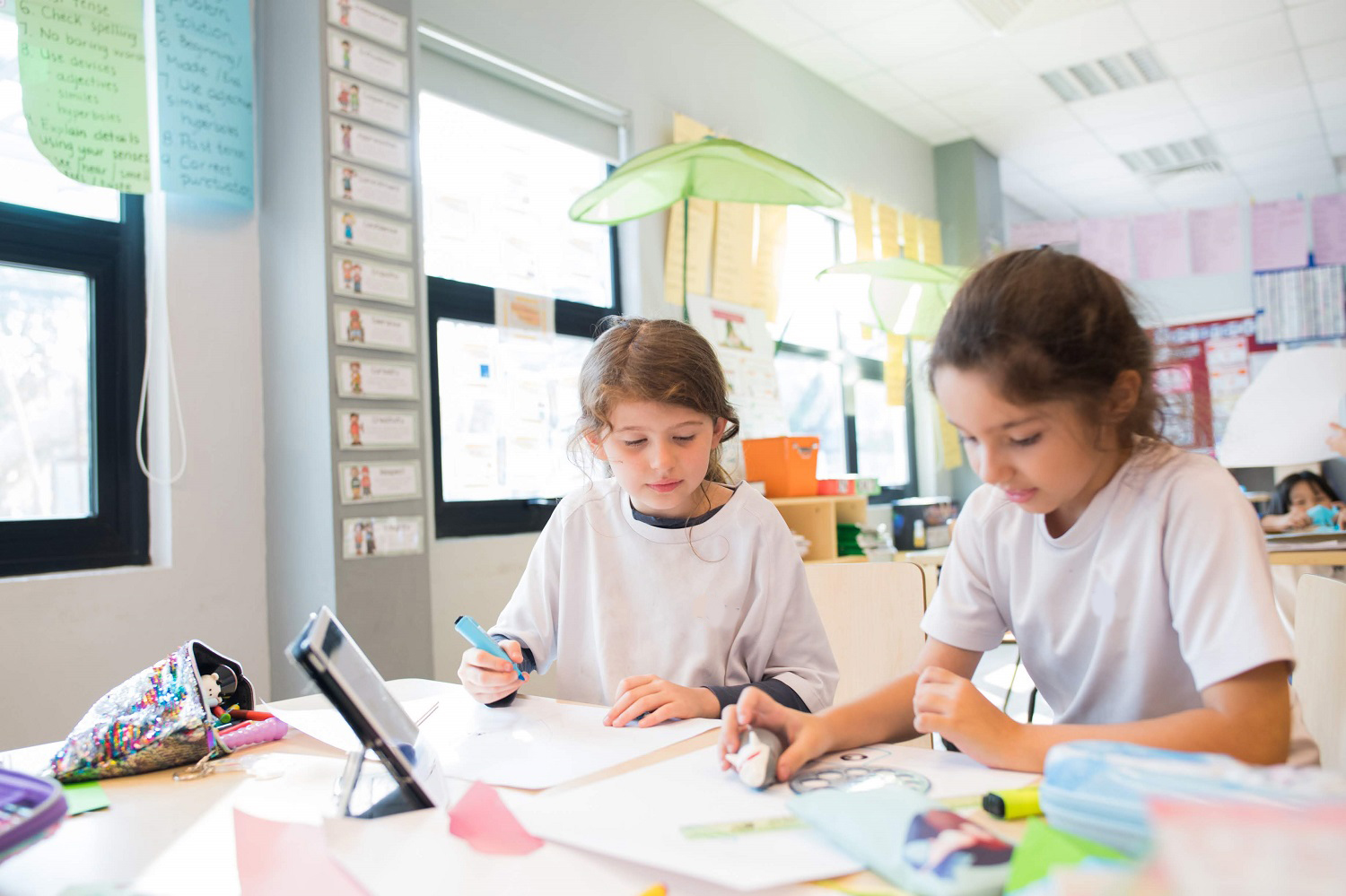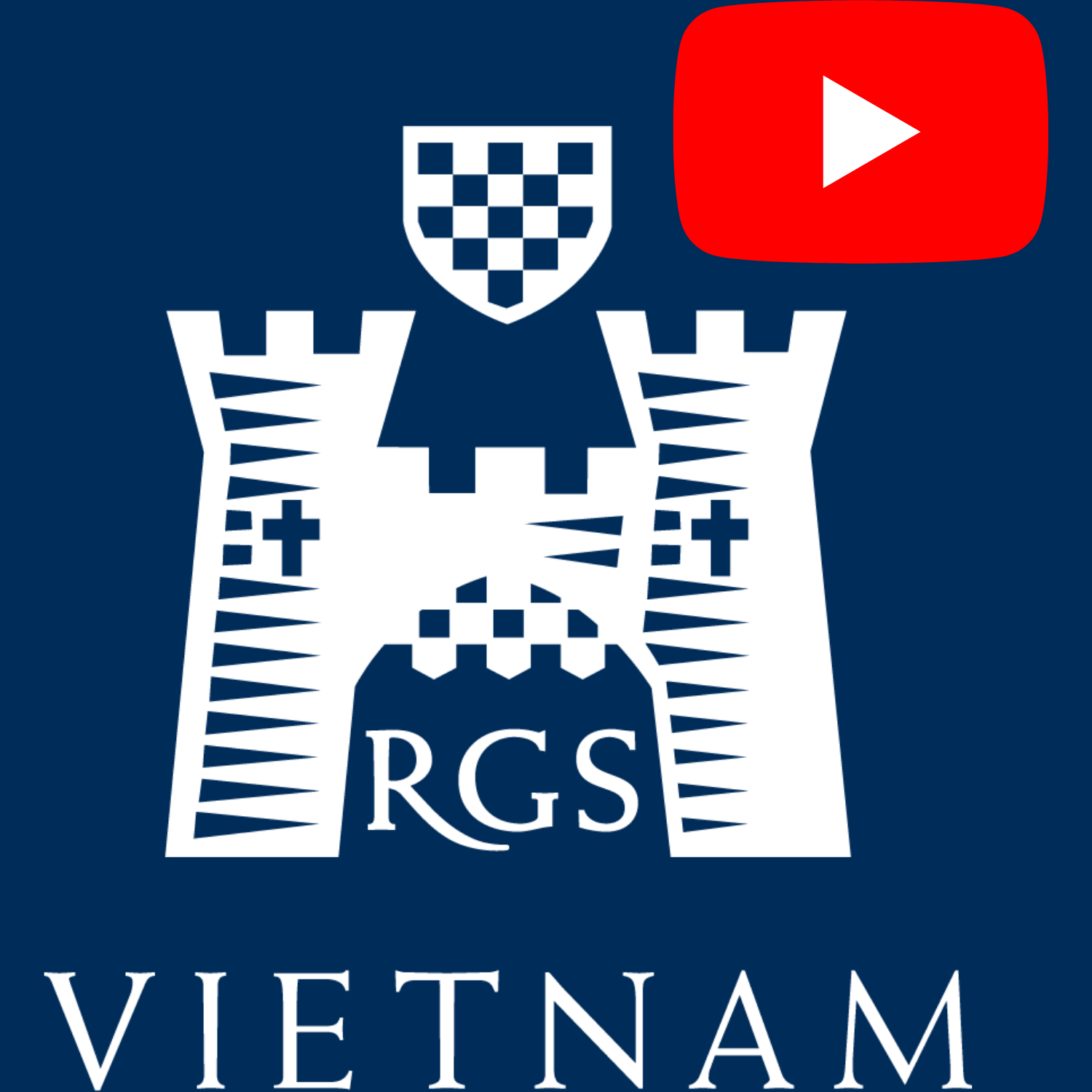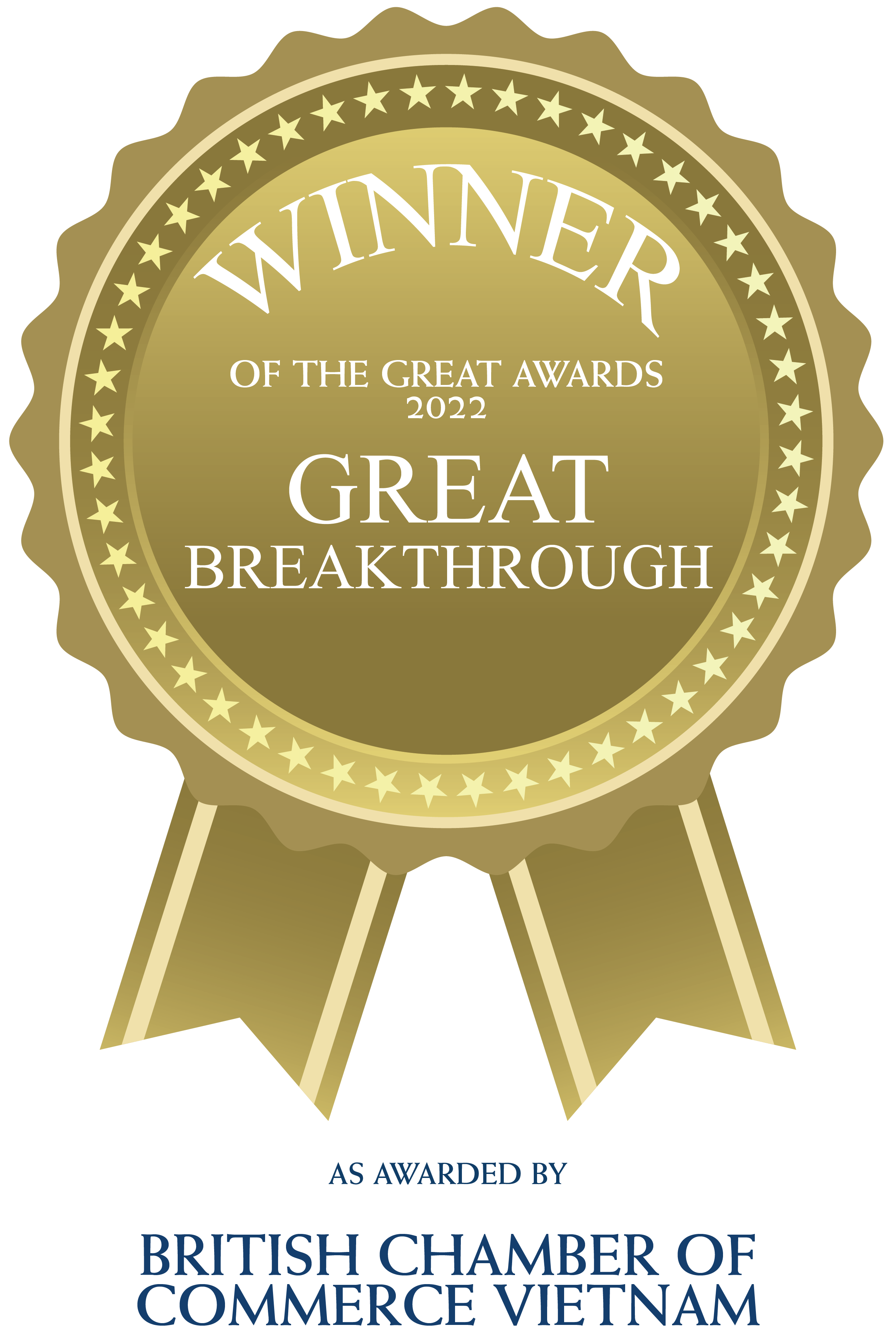Group 4: Sciences
Biology
Biologists have accumulated huge amounts of information about living organisms, and it would be easy to confuse students by teaching large numbers of seemingly unrelated facts. In the Diploma ProgrammeBiology course, it is hoped that students will acquire a limited body of facts and, at the same time, develop a broad, general understanding of the principles of the subject.
By studying Biology in the DP students should become aware of how scientists work and communicate with each other. While the scientific method may take on a wide variety of forms, it is the emphasis on a practical approach through experimental work that characterizes the sciences. Teachers provide students with opportunities to design investigations, collect data, develop manipulative skills, analyse results, collaborate with peers and evaluate and communicate their findings.
Through the overarching theme of the nature of science, the aims of the DP Biology course are to enable students to:
- Appreciate scientific study and creativity within a global context through stimulating and challenging opportunities
- Acquire a body of knowledge, methods and techniques that characterize science and technology
- Apply and use a body of knowledge, methods and techniques that characterize science and technology
- Develop an ability to analyse, evaluate and synthesize scientific information
- Develop a critical awareness of the need for, and the value of, effective collaboration and communication during scientific activities
- Develop experimental and investigative scientific skills including the use of current technologies
- Develop and apply 21st century communication skills in the study of science
- Become critically aware, as global citizens, of the ethical implications of using science and technology
- Develop an appreciation of the possibilities and limitations of science and technology
- Develop an understanding of the relationships between scientific disciplines and their influence on other areas of knowledge
Chemistry
Chemistry is an experimental science that combines academic studywith the acquisition of practical and investigational skills. It is called the central science, as chemical principles underpin both the physicalenvironment in which we live and all biological systems. Apart frombeing a subject worthy of study in its own right, chemistry is aprerequisite for many other courses in higher education, such asmedicine, biological science and environmental science, and serves asuseful preparation for employment.
All students undertake both theory and practical work as theycomplement one another naturally, both in school and in the widerscientific community. The DP Chemistry course allows students todevelop a wide range of practical skills and to increase facility in theuse of mathematics. It also allows students to develop interpersonaland information technology skills, which are essential to life in the 21stcentury.
By studying Chemistry, students should become aware of howscientists work and communicate with each other. While the scientificmethod may take on a wide variety of forms, it is the emphasis on apractical approach through experimental work that characterizes thesubject.
Chemistry provides students with opportunities to develop manipulative skills, design investigations, collect data, analyse results and evaluate and communicate their findings.
Through the overarching theme of the nature of science, the aims of the DP chemistry course are to enable students to:
- Appreciate scientific study and creativity within a global context through stimulating and challenging opportunities
- Acquire a body of knowledge, methods and techniques that characterize science and technology
- Apply and use a body of knowledge, methods and techniques that characterize science and technology
- Develop an ability to analyse, evaluate and synthesize scientific information
- Develop a critical awareness of the need for, and the value of, effective collaboration and communication during scientific activities
- Develop experimental and investigative scientific skills including the use of current technologies
- Develop and apply 21st century communication skills in the study of science
- Become critically aware, as global citizens, of the ethical implications of using science and technology
- Develop an appreciation of the possibilities and limitations of science and technology
- Develop an understanding of the relationships between scientific disciplines and their influence on other areas of knowledge.
Physics
Physics is the most fundamental of the experimental sciences as it seeks to explain the universe itself, from the very smallest particles to the vast distances between galaxies. Despite the exciting and extraordinary development of ideas throughout the history of physics, observations remain essential to the very core of the subject. Models are developed to try to understand observations, and these themselves can become theories that attempt to explain the observations.
Besides helping us better understand the natural world, physics gives us the ability to alter our environments. This raises the issue of the impact of physics on society, the moral and ethical dilemmas, and the social, economic and environmental implications of the work of physicists.
By studying Physics, students should become aware of how scientists work and communicate with each other. While the scientific method may take on a wide variety of forms, it is the emphasis on a practical approach through experimental work that characterizes the subject.
Physics provides students with opportunities to develop manipulative skills, design investigations, collect data, analyse results and evaluate and communicate their findings.
Through the overarching theme of the nature of science, the aims of the DP physics course are to enable students to:
- Appreciate scientific study and creativity within a global context through stimulating and challenging opportunities
- Acquire a body of knowledge, methods and techniques that characterize science and technology
- Apply and use a body of knowledge, methods and techniques that characterize science and technology
- Develop an ability to analyse, evaluate and synthesize scientific information
- Develop a critical awareness of the need for, and the value of, effective collaboration and communication during scientific activities
- Develop experimental and investigative scientific skills including the use of current technologies
- Develop and apply 21st century communication skills in the study of science
- Become critically aware, as global citizens, of the ethical implications of using science and technology
- Develop an appreciation of the possibilities and limitations of science and technology
- Develop an understanding of the relationships between scientific disciplines and their influence on other areas of knowledge.
Computer Science
The DP Computer Science course requires an understanding of the fundamental concepts of computational thinking as well as knowledge of how computers and other digital devices operate. The course, underpinned by conceptual thinking, draws on a wide spectrum of knowledge, and enables and empowers innovation, exploration and acquisition of further knowledge. Students study how computer science interacts with and influences cultures, society and how individuals and societies behave, and the ethical issues involved. During the course the student will develop computational solutions.
This will involve the ability to:
- Identify a problem or unanswered question
- Design, prototype and test a proposed solution
- Liaise with clients to evaluate the success of the proposed solution and make recommendations for future developments
The aims of the Computer Science courses are to:
- Provide opportunities for study and creativity within a global context that will stimulate and challenge students developing the skills necessary for independent and lifelong learning
- Provide a body of knowledge, methods and techniques that characterize computer science
- Enable students to apply and use a body of knowledge, methods and techniques that characterize computer science
- Demonstrate initiative in applying thinking skills critically to identify and resolve complex problems
- Engender an awareness of the need for, and the value of, effective collaboration and communication in resolving complex problems
- Develop logical and critical thinking as well as experimental, investigative and problem-solving skills
- Develop and apply the students’ information and communication technology skills in the study of computer science to communicate information confidently and effectively
- Raise awareness of the moral, ethical, social, economic and environmental implications of using science and technology
- Develop an appreciation of the possibilities and limitations associated with continued developments in IT systems and computer science
- Encourage an understanding of the relationships between scientific disciplines and the overarching nature of the scientific method.

